Zoho vs. Tech Giants: Can It Revolutionize India's Market?
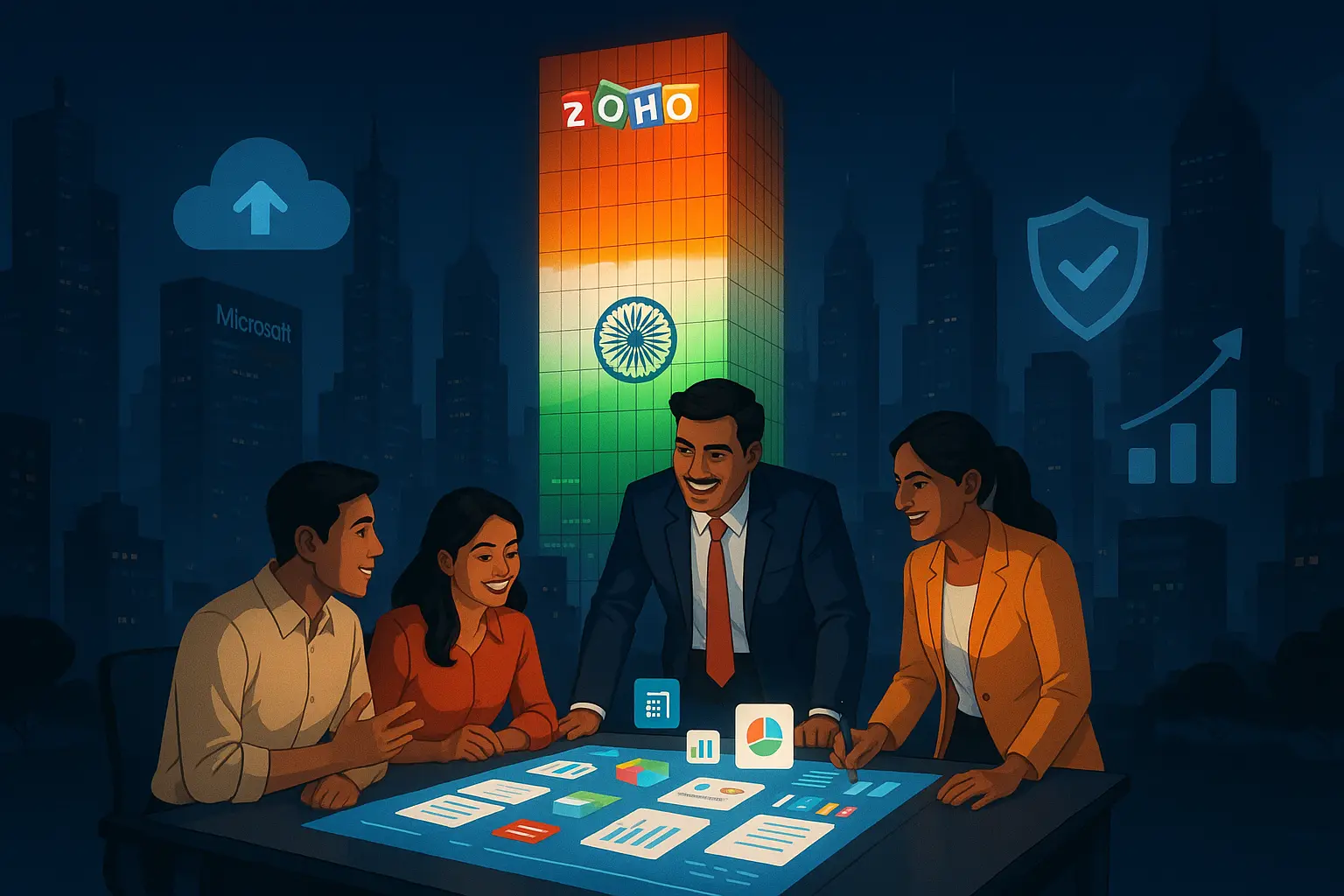
In recent news, India’s IT Minister Ashwini Vaishnaw announced that instead of using Microsoft 365 and Google Workspace, he would switch to Zoho — a fully homegrown SaaS platform. This move has sparked debates on whether India can truly reduce its reliance on foreign productivity tools and build a stronger local tech ecosystem. While the announcement is symbolic of the Atmanirbhar Bharat (self-reliant India) vision, the bigger question remains: Can Zoho actually match Google and Microsoft in functionality, scale, and adoption? Let’s break it down.
What Is Zoho?
Zoho Corporation, founded in 1996 by Sridhar Vembu, is a Chennai-headquartered SaaS (Software-as-a-Service) company. Unlike many startups that rely heavily on venture capital, Zoho is bootstrapped and profitable, serving over 100 million users worldwide.
It provides more than 55 integrated applications across productivity, business, HR, finance, and IT management. Simply put, Zoho aims to offer Indian and global users a complete alternative to Google and Microsoft ecosystems.
Why the Shift Matters
- Economic value: Reduces foreign exchange outflow by cutting payments to global tech giants.
- Data sovereignty: Ensures sensitive data stays within India, strengthening privacy and national security.
- Strategic autonomy: Less dependency on foreign companies during geopolitical conflicts.
- Local ecosystem boost: Creates jobs and supports India’s SaaS sector.
- Affordability: Zoho’s plans are generally cheaper than Google Workspace and Microsoft 365.
Challenges in Replacing Google and Microsoft
Despite advantages, replacing Big Tech is not straightforward.
- Feature gap: Microsoft and Google have decades of R&D, advanced AI, and globally connected ecosystems.
- Migration hurdles: Compatibility issues arise when moving files and workflows.
- User resistance: Millions are used to Gmail, Outlook, Docs, Excel, etc. Changing habits takes time.
- Global collaboration: Multinationals often stick to global standards, which may limit Zoho adoption.
- Scalability concerns: Can Zoho handle massive government or enterprise-scale migrations smoothly?
Most Popular Zoho Apps and Their Uses
Here are the most widely used Zoho apps and how they are helpful:
1. Zoho Mail
- Alternative to Gmail and Outlook.
- Ad-free, secure email with custom domains.
- Useful for businesses that want data hosted in India.
2. Zoho Writer
- Alternative to MS Word and Google Docs.
- Cloud-based word processor with real-time collaboration.
- Great for drafting, editing, and co-authoring documents.
3. Zoho Sheet
- Alternative to MS Excel and Google Sheets.
- Online spreadsheet with formulas, charts, and pivot tables.
- Ideal for managing financial or operational data.
4. Zoho Show
- Alternative to PowerPoint and Google Slides.
- Cloud presentation software with design templates.
- Helps teams create and share business presentations easily.
5. Zoho CRM
- Customer Relationship Management platform.
- Manages sales, marketing, and customer interactions.
- Useful for SMEs and startups to track leads and improve customer service.
6. Zoho Projects
- Project management tool.
- Tracks tasks, deadlines, and team collaboration.
- Similar to Trello or Asana but integrated with the Zoho ecosystem.
7. Zoho Books
- Cloud accounting software.
- Simplifies invoicing, tax compliance (including GST), and expense tracking.
- Designed for Indian businesses managing accounts digitally.
Realistic Outlook: Hybrid Adoption
The Minister’s move is seen as symbolic leadership. In reality, India may not immediately abandon Microsoft and Google. Instead, a hybrid model could emerge:
- Government and educational institutions are gradually adopting Zoho.
- Businesses use Zoho for certain tasks, while keeping Google/Microsoft for global workflows.
Such a transition allows experimentation without disrupting existing systems.
Conclusion
Zoho has proven itself as a strong, affordable, and secure alternative to global tech platforms. Its growing adoption in India aligns with the country’s long-term vision of self-reliance and digital sovereignty. However, challenges of scale, habit change, and global integration cannot be overlooked. For now, Zoho is best seen as a complementary option — with the potential to grow into a mainstream choice if supported by policy, businesses, and users alike.


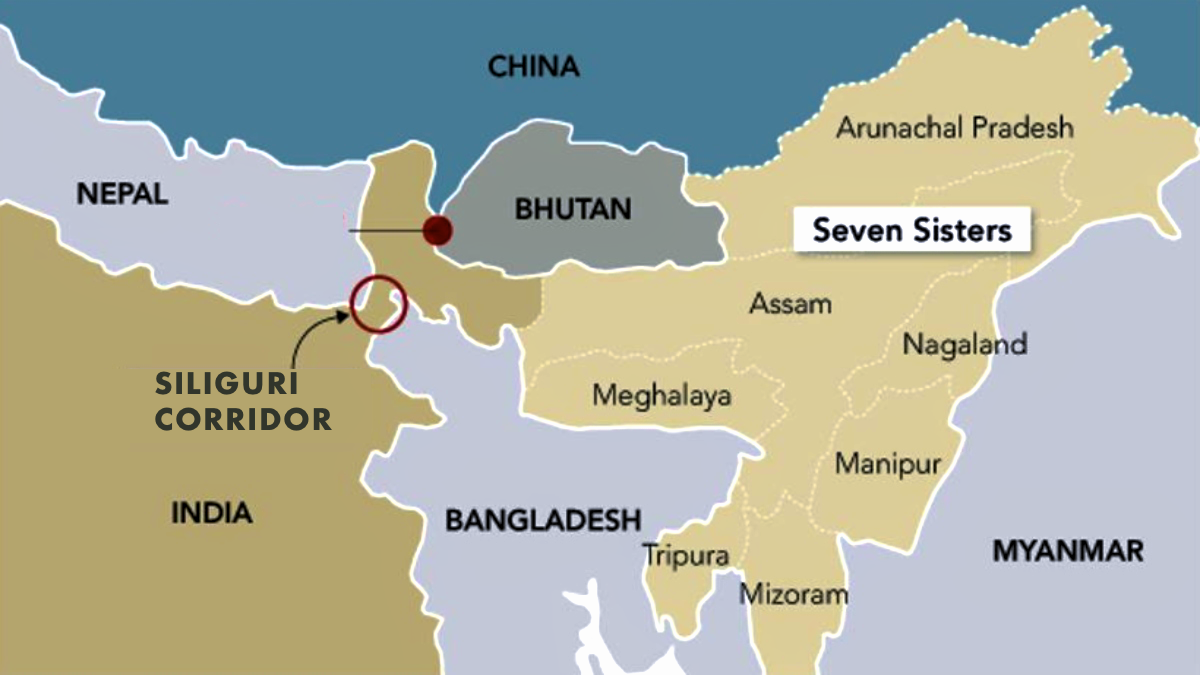
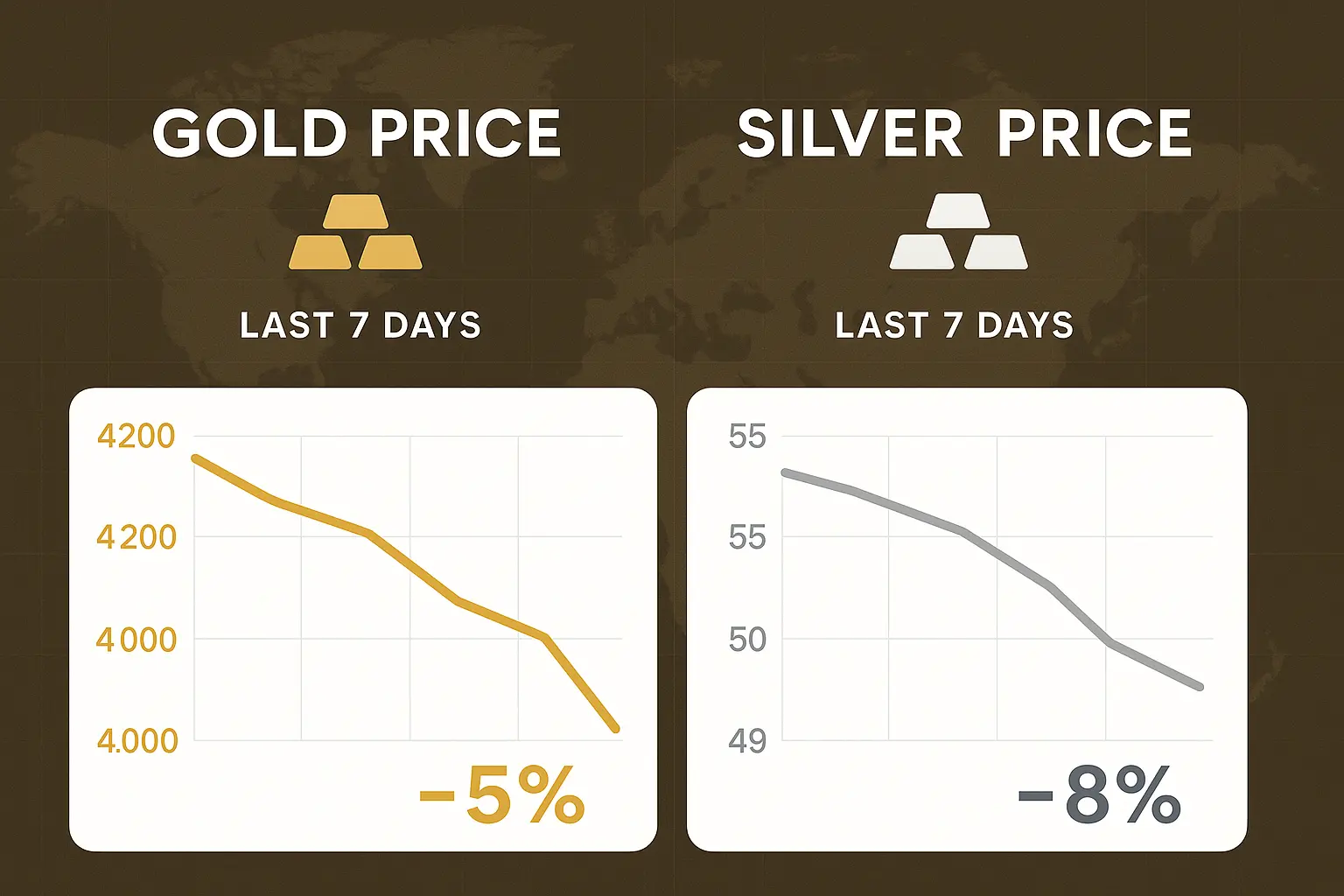


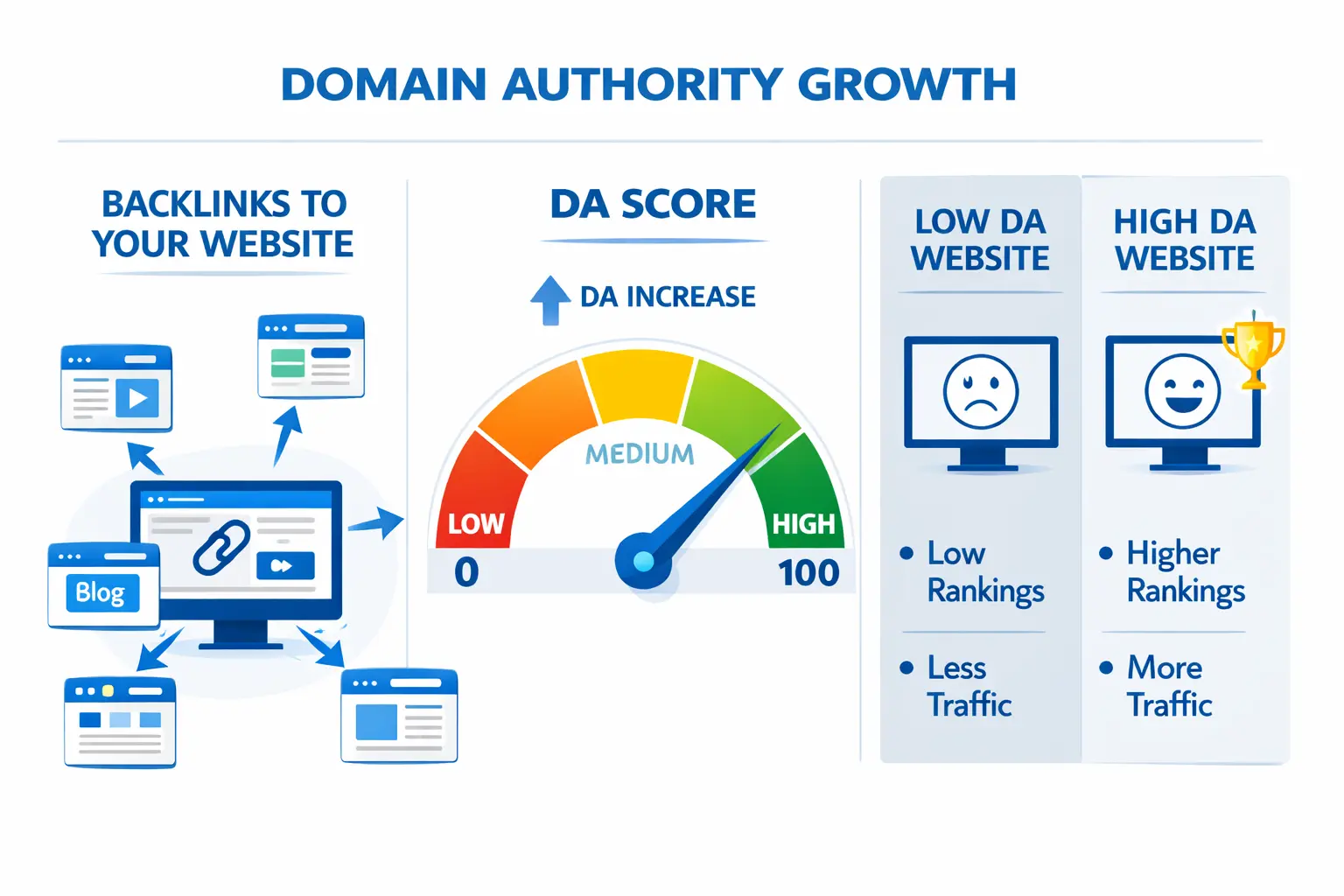
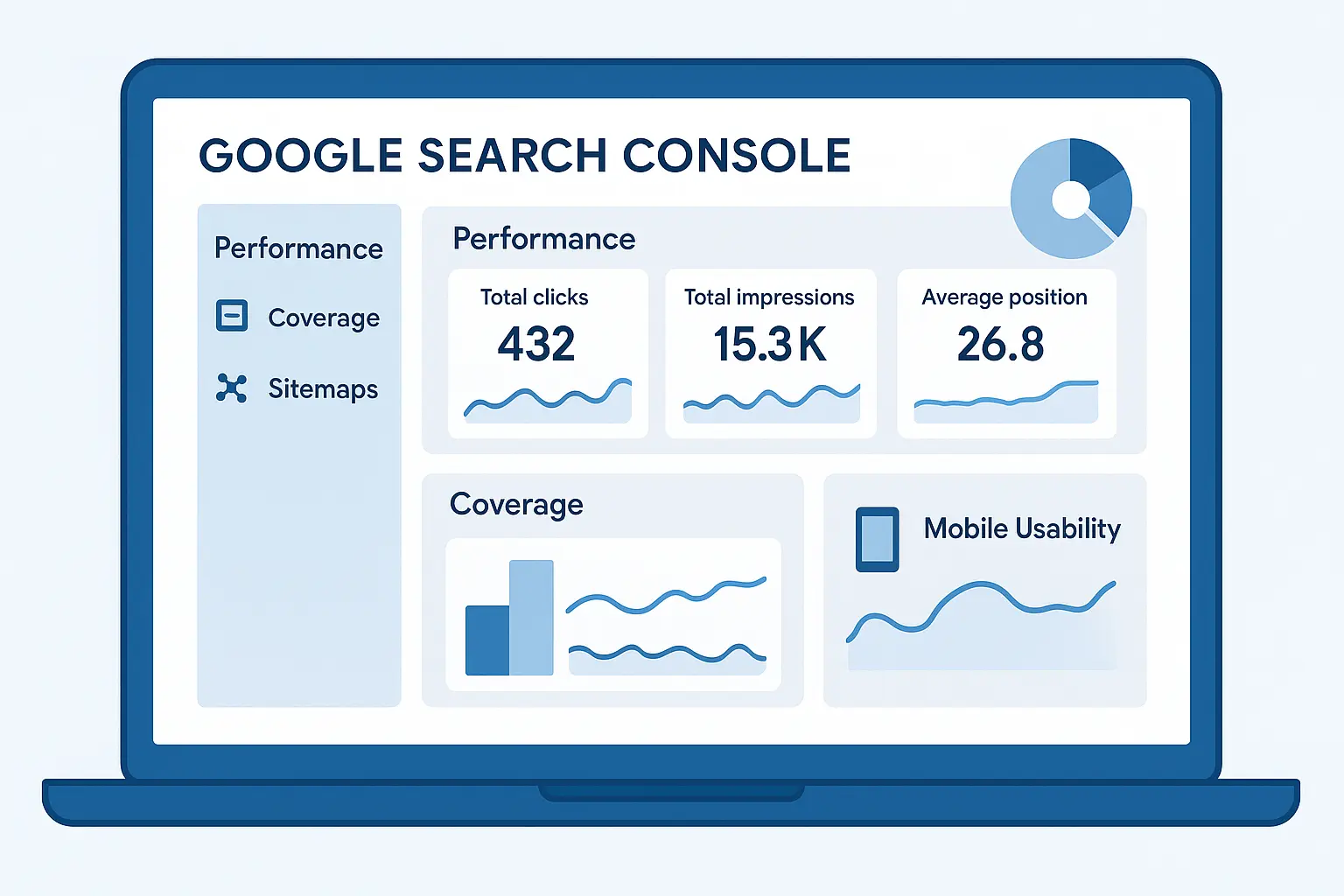

No comments yet. Be the first to comment!